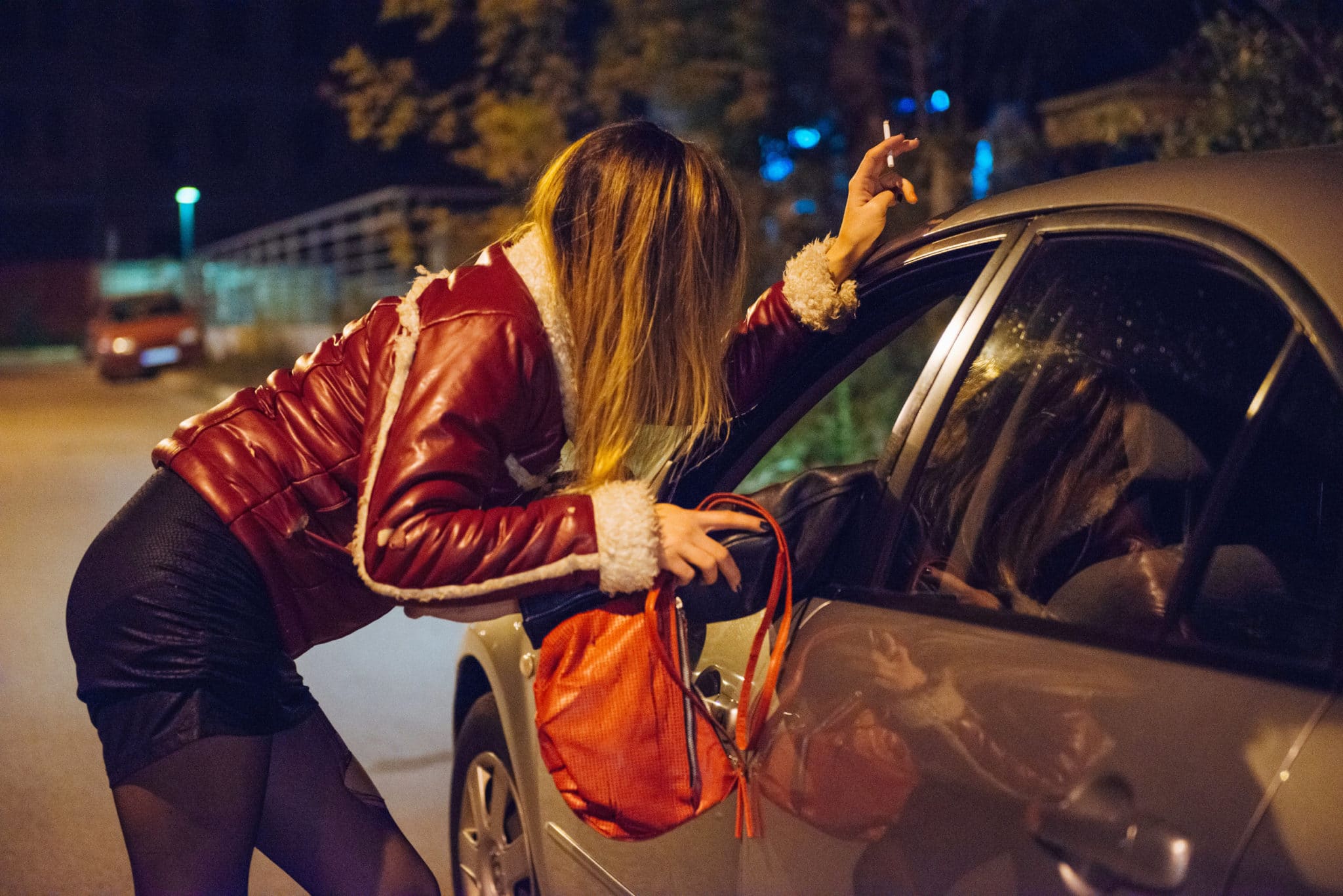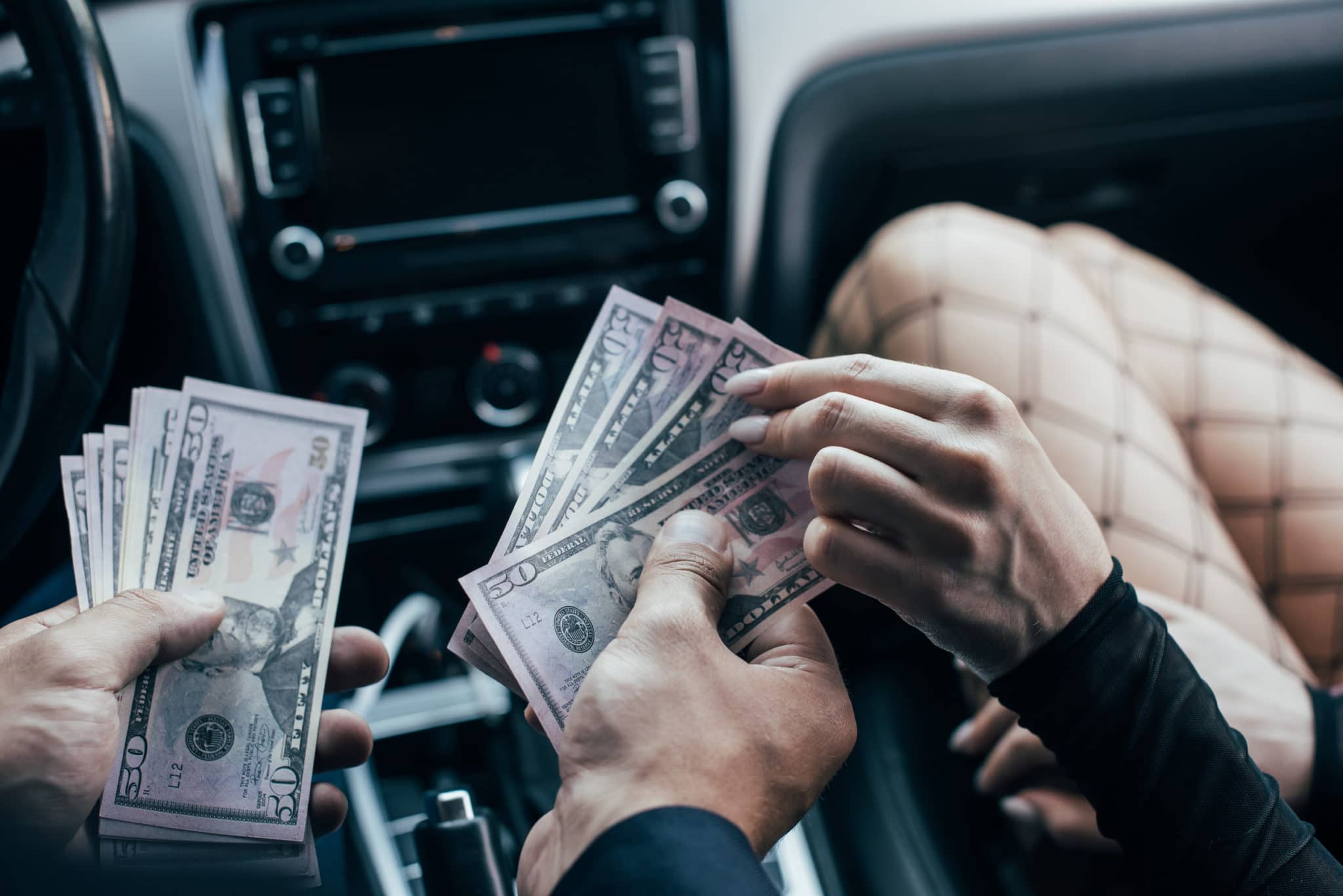Prostitution is something many people think they know from movies and television, but there are a lot of half-truths and misunderstandings out there about the world’s oldest profession.
It’s important to familiar with the prostitution laws of the state in which you live. Not only will doing so help to keep you out of trouble, but it also helps you to make sure you don’t pass on “facts” that simply aren’t true.
People seem to have a lot of ideas regarding prostitution, but the truth is: there’s a lot to clear up about the way Minnesota legally investigates and handles prostitution according to the law. Here’s what you need to know to help you separate fact from fiction.
What is Prostitution in Minnesota?
Minnesota law defines prostitution as offering to hire, agreeing to hire, or actually hiring someone to engage in sexual contact or penetration – or being the person who is hired to perform those acts. The law goes further to define sexual contact as the intentional touching of the intimate parts of another, either as the person who hired the prostitute or the prostitute themselves.
A Few Popular Myths
Most of the most egregious myths surrounding prostitution have to do with soliciting, or offering to hire, a prostitute. It’s important to understand that it is both illegal to be a prostitute or hire a prostitute in Minnesota. Doing either is a crime.
Some of the most popular myths seem to be about police sting operations, no doubt informed by dramatized accounts of busts of prostitution rings on television and in movies. Some of these myths include:
Police Cannot Engage in Sex with a Prostitute
If an officer is working an undercover sting operation, then it seems reasonable to think they wouldn’t be able to actually go as far as to have sex with someone as part of the operation. While it’s probably not common, if it was necessary for the officer to follow through with this for safety reasons or to keep the operation intact, it can occur.
Only Prostitutes Working Street Corners Be Targeted by Police
There are a lot of really sophisticated prostitution operations out there, especially now that the internet is literally in the palm of everyone’s hand. Many busts occur when police place ads on online forums looking for a prostitute, so it’s not just those who work the streets that get busted. Anyone breaking the law is putting themselves at risk of getting arrested for prostitution, no matter how they advertise their services.
Money Must Be Exchanged To Be Charged with Prostitution or Solicitation
The court will look at the overall circumstances surrounding the case. Even if no money was exchanged, meeting someone for the purpose of having sex in exchange for money can be enough to be convicted. If you enter the room to do so, that can be grounds for charges, even if no money ever changed hands.
Prostitution Isn’t a Serious Crime
Many people think tha,t if they’re arrested and found guilty of prostitution or any type of charge related to it, they will only get a slap on the wrist. It’s important to understand that you can face time in jail, fines, and even the seizure of property, such as a car or computer, if it was used in the commission of the crime. All money is also seized by police, and it’s going to be very challenging to get it back.
The Penalties
If you solicit an adult prostitute, then you can face several penalties, depending on where the crime took place and if you have any prior offenses on your record.
If the crime took place in public, then you can face fines up to $1,500. If it was a private place, it can mean a $500 penalty. Furthermore, anyone with a prior conviction related to prostitution in the last two years can face fines of up to $1,500 and be required to complete community service.
And if a car was used to solicit a prostitute, then it can be added to their driving record. Soliciting a prostitute in a school zone or park will increase the penalty to three years above the maximum sentence.
For the prostitute themselves, the penalties are dependent on where the offense took place. If it’s in public with someone over 18, then it’s a gross misdemeanor, which can result in up to 12 months behind bars and fines of $3,000. If it didn’t occur in public, then the jail time drops to 90 days and the fine to $1,000.
About the Author:
Christopher Keyser is an AV-Preeminent rated criminal and DWI defense attorney based in Minneapolis who is known for fighting aggressively for his clients and utilizing innovative tactics to get the most positive results. He has been featured in numerous media outlets due to the breadth and depth of his knowledge and named a Certified Specialist in Criminal Law by the Minnesota Bar Association. Mr. Keyser is Lead Counsel rated, and he has received recognition for his criminal law work from Avvo, Expertise, Super Lawyers, The National Trial Lawyers, and more.








